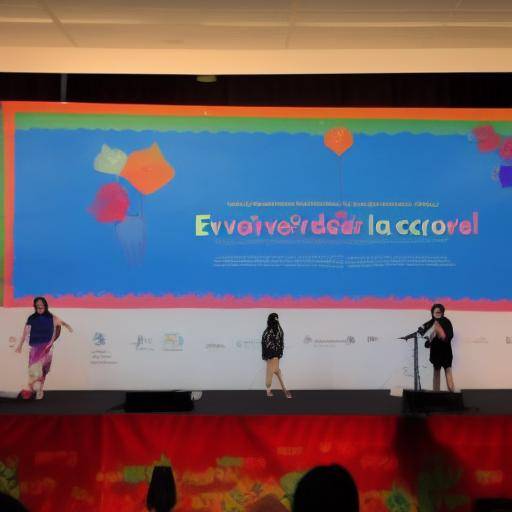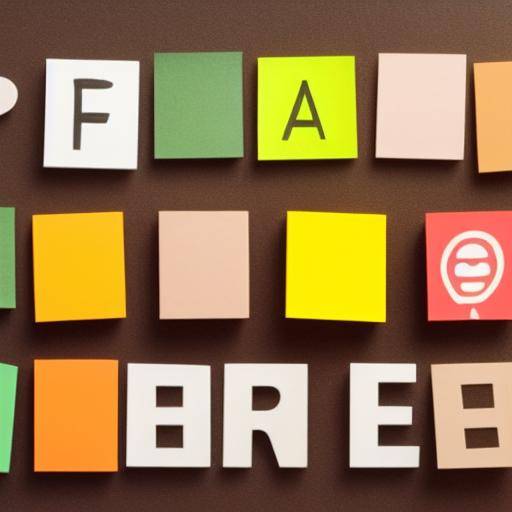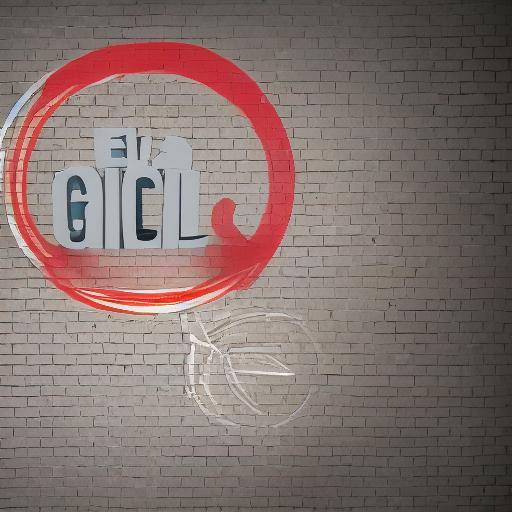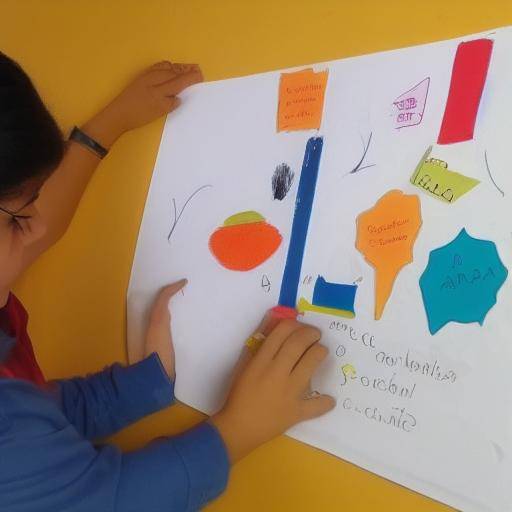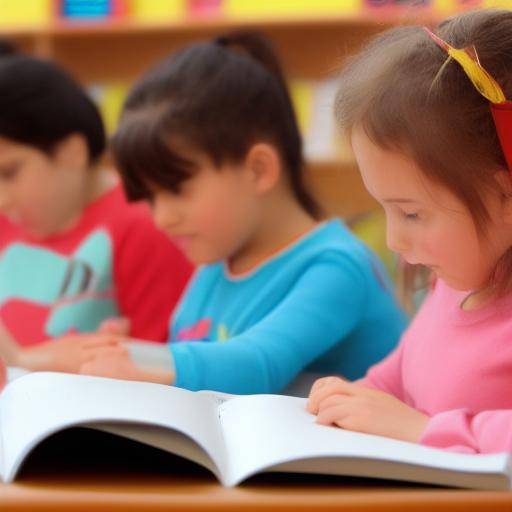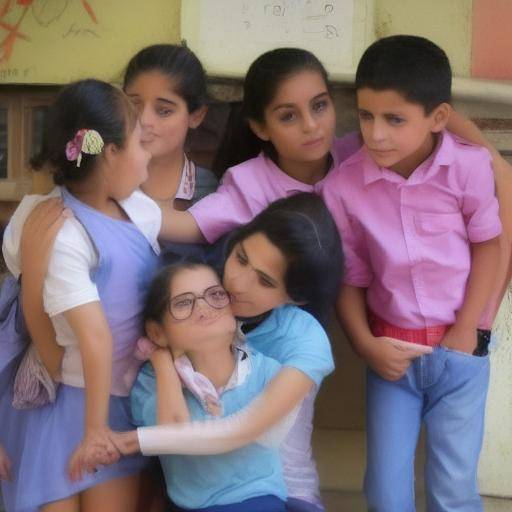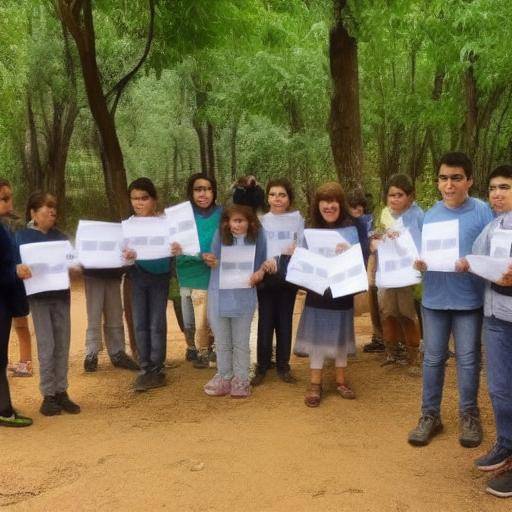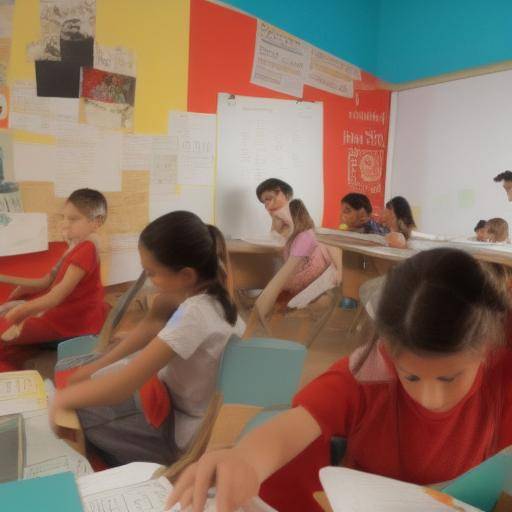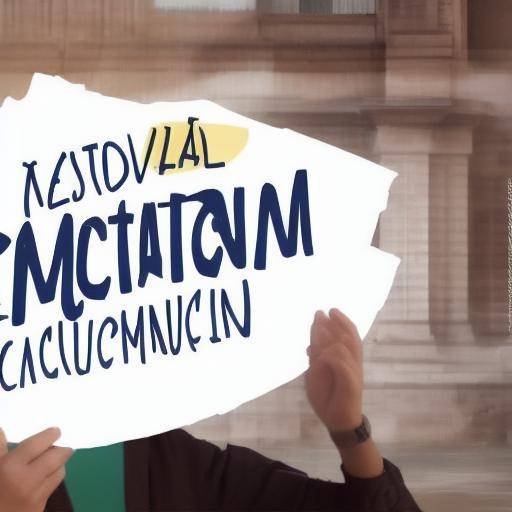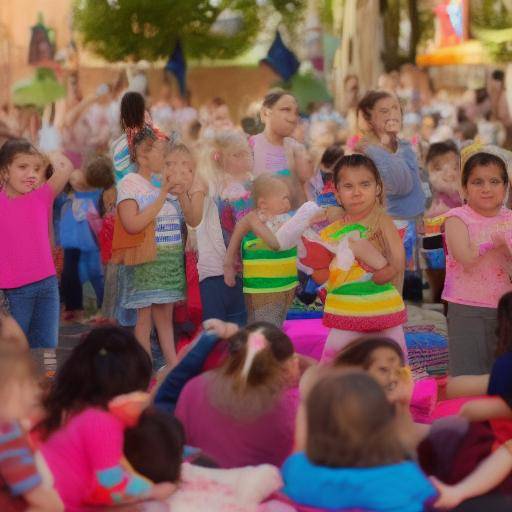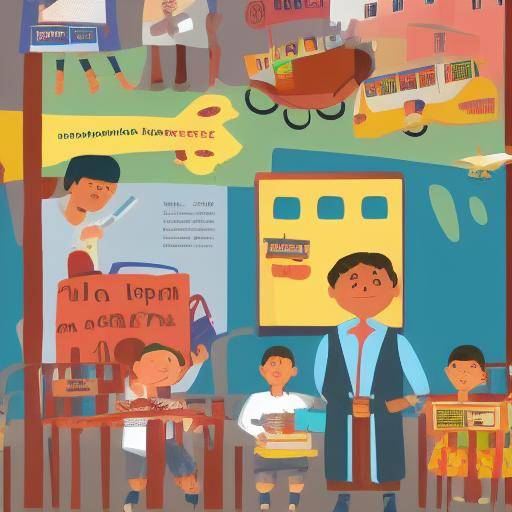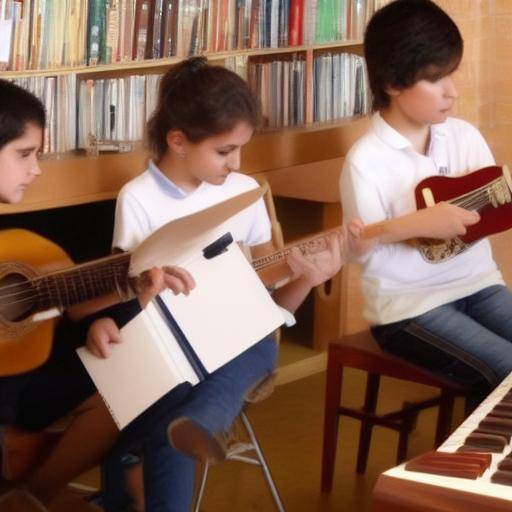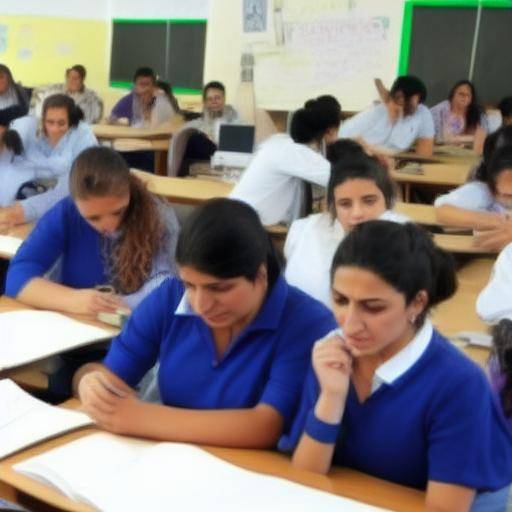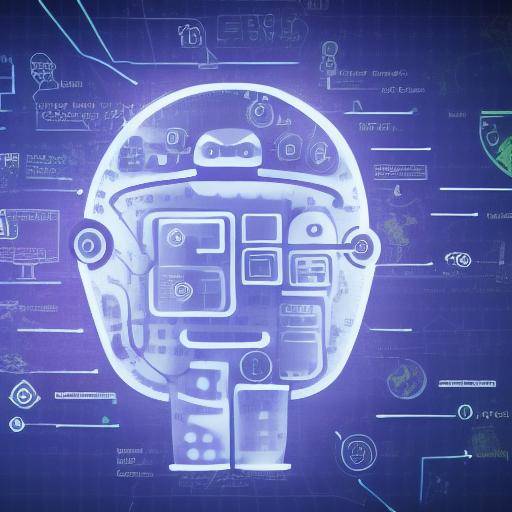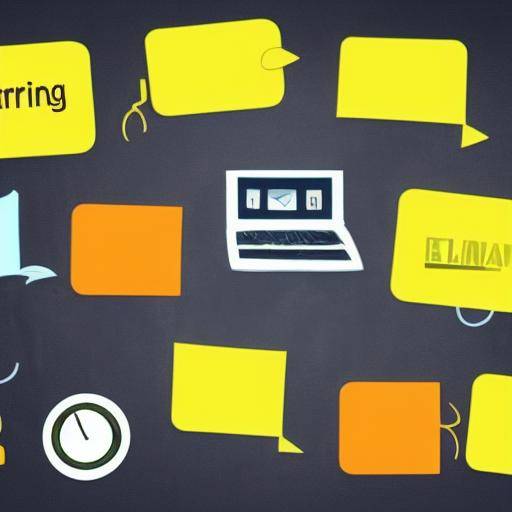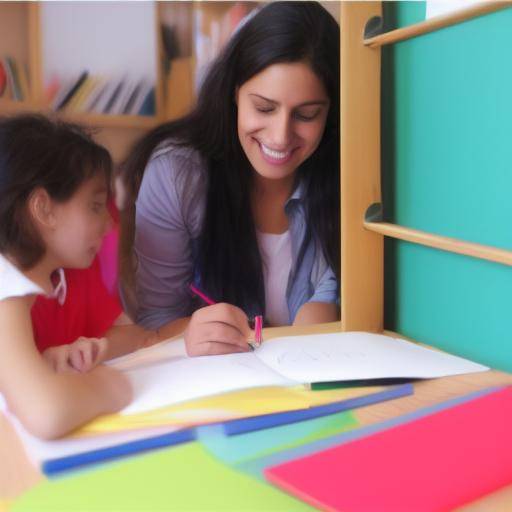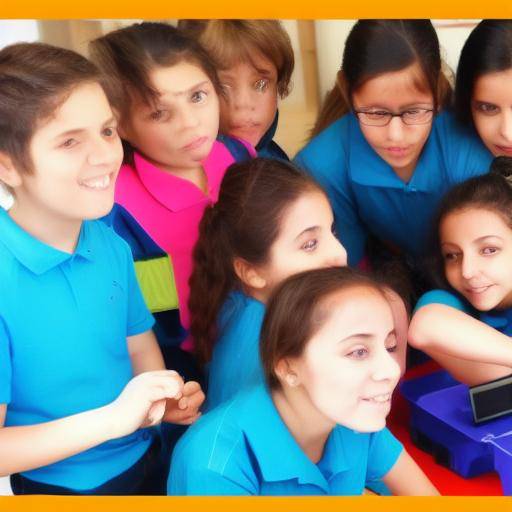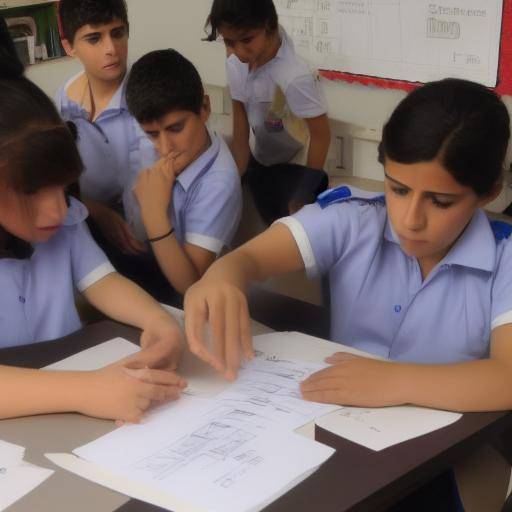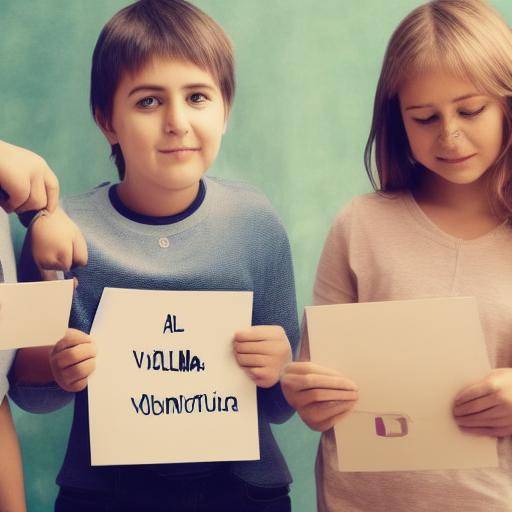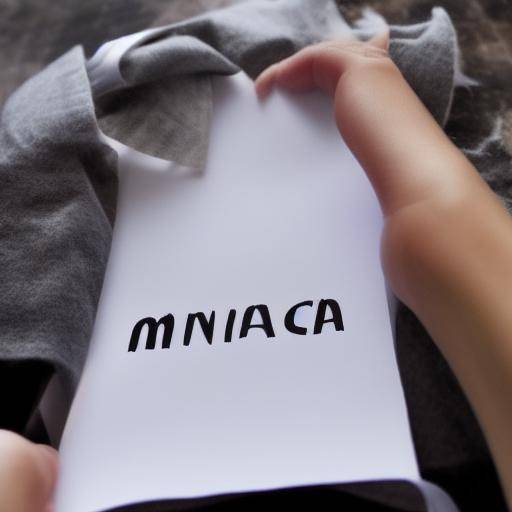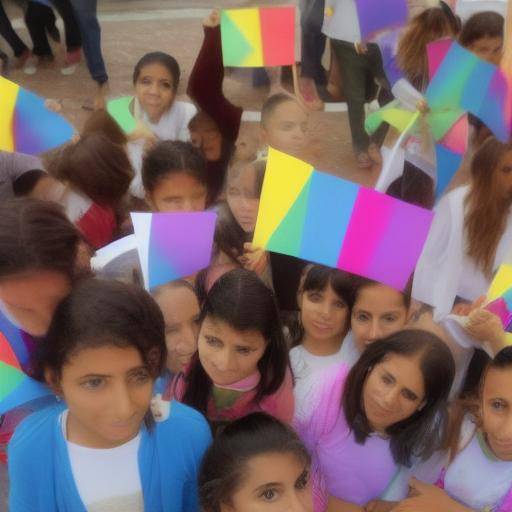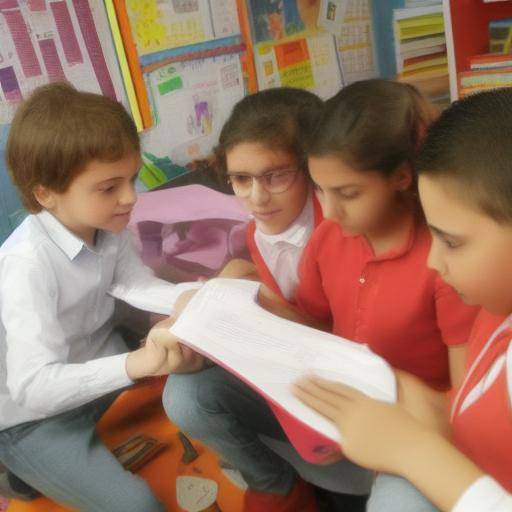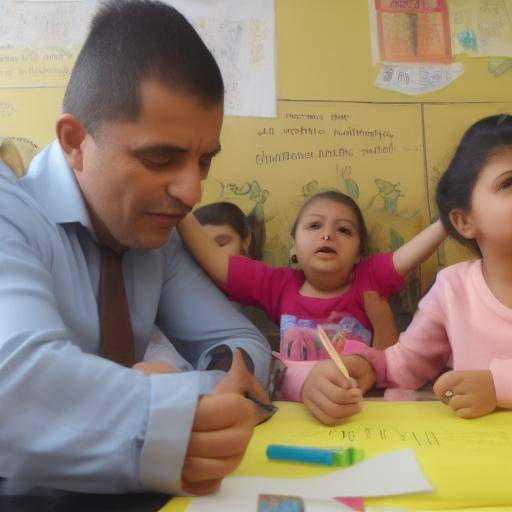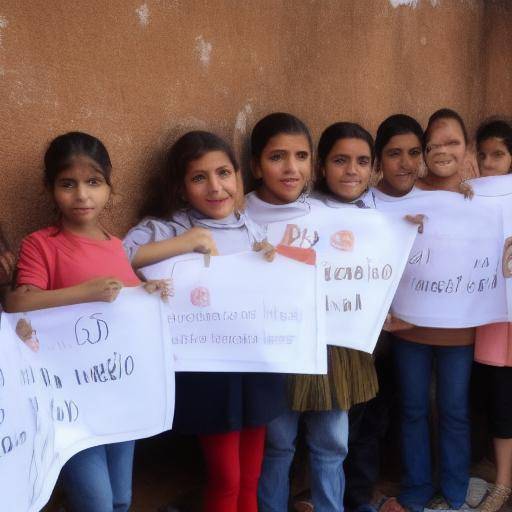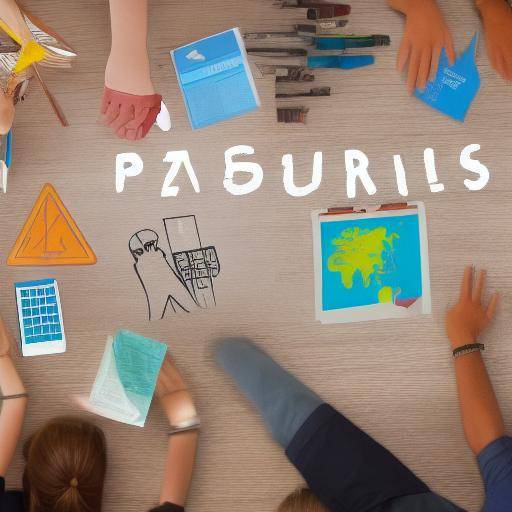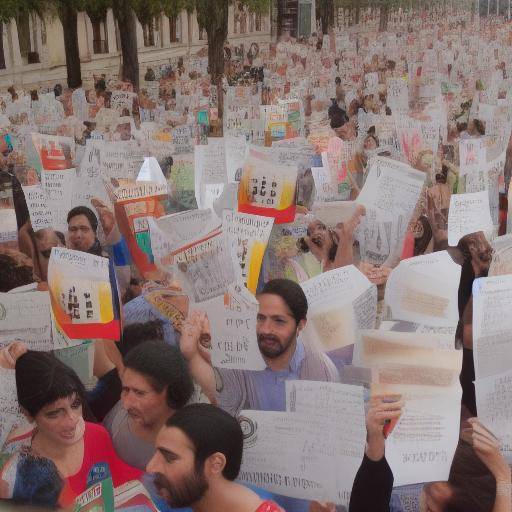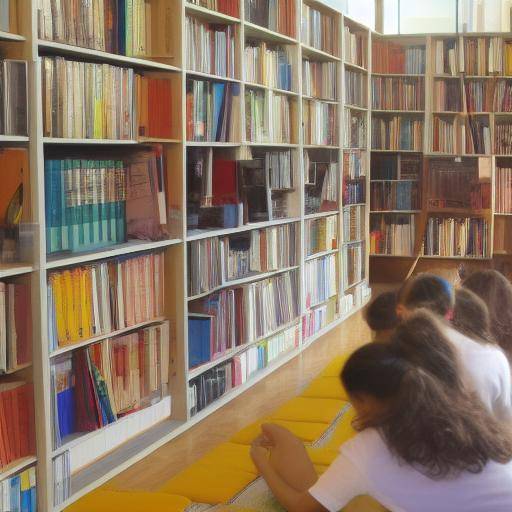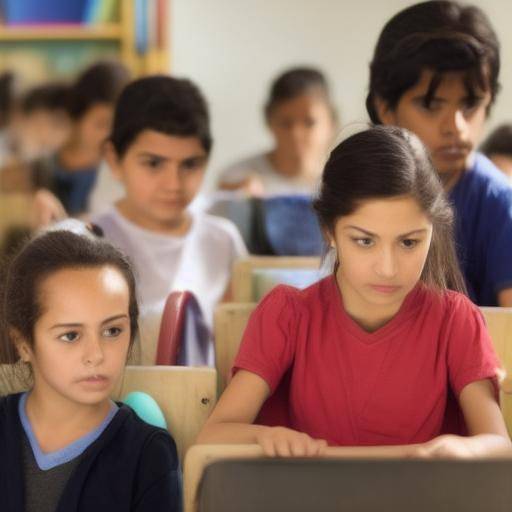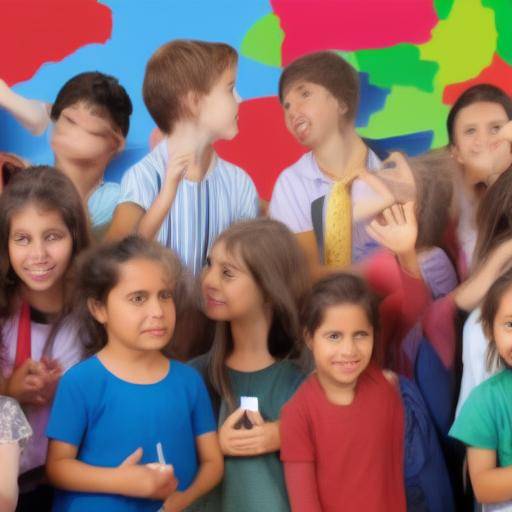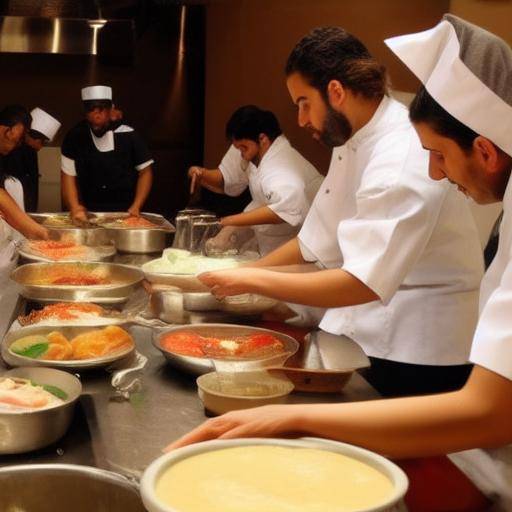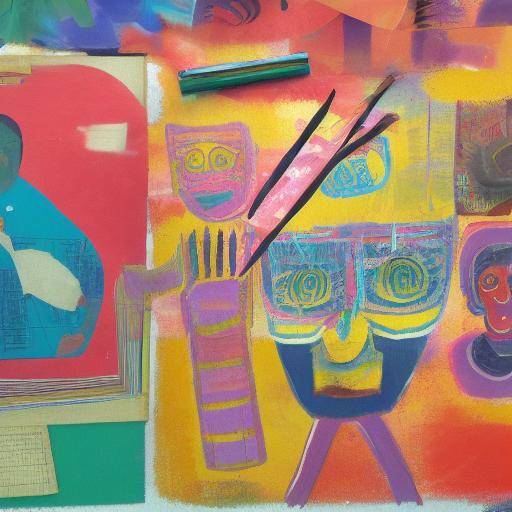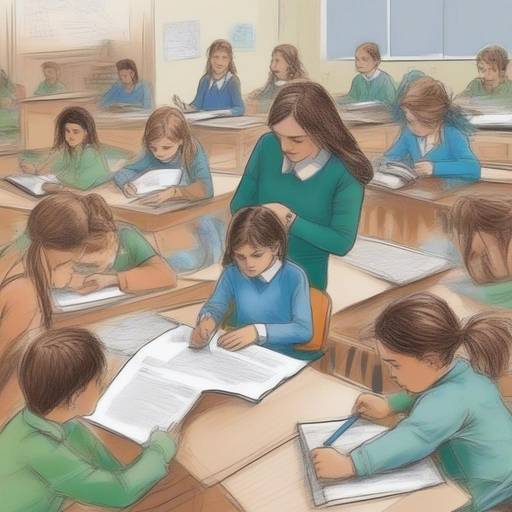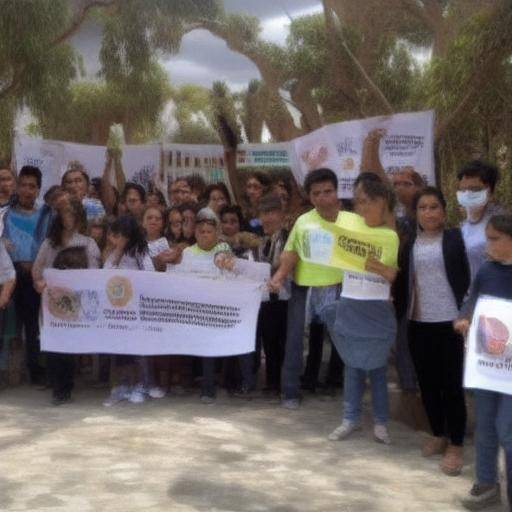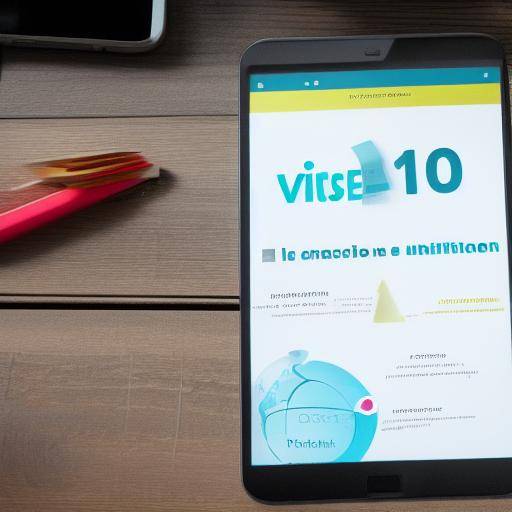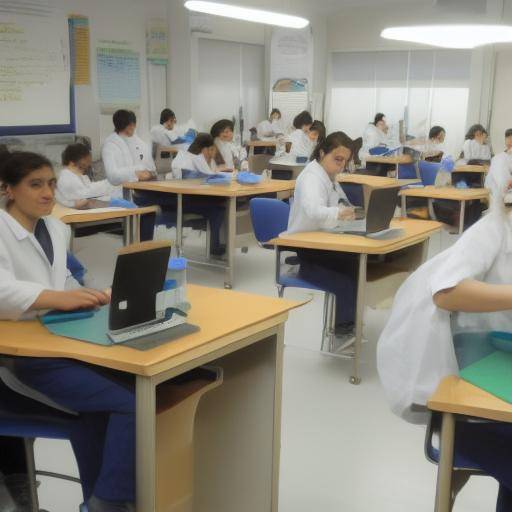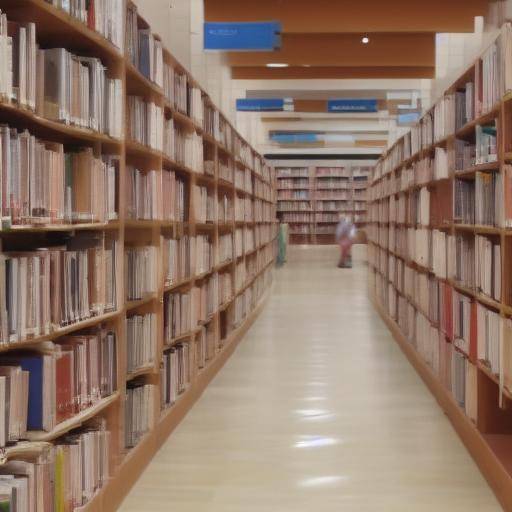
Introduction
Libraries have played a key role throughout history in promoting multicultural education. Their ability to preserve and disseminate knowledge from diverse cultures, as well as to foster intercultural inclusion and understanding, makes them an invaluable asset for communities in an increasingly diverse world. In this article, we will explore in detail the crucial role that libraries play in promoting multicultural education, from their historical impact to current trends and challenges. We will also discuss how libraries, through their role, can enrich multicultural education and cultivate an inclusive learning environment.
History and Background
Libraries have been guardians of cultural diversity over the centuries. From the first libraries of ancient times, such as the famous Alexandria Library in ancient Egypt, to modern libraries, have played a crucial role in the preservation and dissemination of knowledge from various cultures. Throughout history, libraries have also been places where people from different backgrounds can access information, literature and educational resources that represent a wide range of cultural perspectives. In addition, they have been centres for cultural exchange and dissemination of ideas, contributing significantly to the promotion of multicultural education.
Evolution and Development
Libraries have experienced significant developments in their role as advocates for multicultural education. From the inclusion of literature and resources from various cultures to the implementation of programmes and events that promote diversity and intercultural understanding, libraries continue to adapt to meet the needs of multicultural communities. With the advent of the digital era, libraries have expanded their reach through online platforms, making diversified educational resources available to a global audience.
Deep analysis
The role of libraries in multicultural education encompasses a wide range of current benefits, challenges and trends that merit detailed exploration.
Benefits
Libraries provide equitable access to educational knowledge and resources that represent diverse cultures, which enriches the learning of individuals and promotes appreciation for diversity. They also serve as safe and welcoming spaces where multicultural communities can meet, participate in intercultural dialogues and access programmes aimed at promoting inclusiveness and mutual understanding.
Challenges
Despite their positive impact, libraries also face challenges in promoting multicultural education. Linguistic barriers, limited availability of culturally diverse resources and the need to address cultural prejudices are just some of the difficulties that libraries must overcome in providing truly multicultural education.
Current trends
Libraries continue to adopt new strategies to promote multicultural education, such as the integration of virtual reality technologies to provide immersive experiences that celebrate diversity. In addition, collaboration with community organizations and the creation of intercultural educational programmes are current trends that are shaping the role of libraries in multicultural education.
Comprehensive review
To fully understand the role of libraries in multicultural education, it is crucial to examine their application in specific environments, the best practices that have emerged and the perspectives of experts on their future.
Case applications and investigations
Multicultural city libraries have successfully implemented programmes that offer educational resources and opportunities for intercultural interaction for young people from different communities. These programs include multicultural reading groups, cultural events and collaboration with schools to promote diversity in learning.
Opinions of Experts and Future Trends
Bibliothecology experts predict that libraries will play an even more crucial role in multicultural education in the future, as they actively address the needs of an increasingly diverse society. Libraries are expected to continue to expand their collections to more fully represent cultural and ethnic diversity, as well as to develop innovative programs that foster intercultural understanding.
Comparative analysis
By comparing libraries, their role and multicultural education, similarities, differences and opportunities for synergy between these areas are revealed.
Similarities and Variances
Both libraries and multicultural education have the primary objective of promoting inclusion, diversity and intercultural understanding. However, libraries play a more direct role in providing access to a wide range of cultural resources, while multicultural education focuses on integrating diverse perspectives into academic programmes.
Synergy Opportunities
There is great potential for synergy between the role of libraries and multicultural education, especially in the development of collaborative educational programmes that leverage the resources and expertise of libraries to promote diversity and intercultural understanding in formal and informal educational settings.
Practical Tips and Accessible Information
For those seeking to use libraries as a key resource in promoting multicultural education, here are some practical tips that can be useful:
- Work with librarians to develop educational programs that celebrate cultural diversity.
- Review and recommend books and resources that represent a wide range of cultural perspectives.
- Participate in intercultural events organized by libraries to foster mutual understanding and appreciation of diversity.
Industry Reflections and Expert Reviews
The current debate on the role of libraries in multicultural education has generated a rich exchange of ideas among experts in literature, multicultural education and cultural diversity. These reflections offer a valuable insight into the impact and future of this crucial issue.
Future Implications
Experts agree that libraries play an essential role in promoting multicultural education and are expected to continue to adapt and expand their scope to reflect the cultural and ethnic diversity of the communities they serve.
Case Studies and Real Life Applications
The practical examples illustrate how libraries have successfully implemented strategies to promote multicultural education and enrich the learning experience of multicultural communities.
Case Study 1: Multicultural Community Library
In a community library in a diverse city, a program was implemented that brought together young people from different cultures to share and promote appreciation of their cultural heritages through creative activities and intercultural discussions. This initiative has fostered understanding and mutual respect among young people and strengthened the social fabric of the community.
Case Study 2: Multicultural Resources in School Libraries
Several school libraries have expanded their collections to include books and resources that represent a diversity of cultures and perspectives. This has enriched students' access to different cultural narratives and has fostered a greater understanding of diversity in the school environment.
Future Trends and Predictions
As the world continues to evolve into an increasingly diverse society, the role of libraries in multicultural education is expected to continue to expand and deepen.
Evolution of Multicultural Education Strategies
Libraries are experiencing evolution in their educational strategies, adopting more holistic approaches to promoting diversity and intercultural understanding. These strategies are expected to be further strengthened in the future, with an emphasis on inter-agency collaboration and the development of innovative programmes that address the educational needs of culturally diverse communities.
Emerging Challenges and Opportunities
Despite progress, libraries will face continuing challenges in promoting multicultural education, such as the need to ensure equal representation of different cultures in their collections and programmes. At the same time, these difficulties present opportunities for innovation and the creation of new educational models that foster greater understanding and appreciation for diversity.
Conclusions and FAQs
Conclusions
In conclusion, the role of libraries in multicultural education is crucial to fostering inclusion, intercultural understanding and appreciation of diversity. Libraries continue to be guardians of knowledge and resources that reflect the wealth of different cultures, actively contributing to the formation of educated and open communities.
Frequently asked questions
1. How can libraries promote cultural diversity in their collections?
Libraries can promote cultural diversity in their collections by acquiring books, digital resources and educational materials that represent a wide range of cultural perspectives. This inclusion ensures that users have access to materials that reflect the diversity of the world around them.
2. How can libraries address language barriers in promoting multicultural education?
Linguistic barriers can be addressed by libraries offering resources in various languages, translation programmes and multilingual events that encourage participation and cultural exchange among people who speak different languages.
3. What role do libraries play in promoting intercultural understanding among communities?
Libraries play a key role in promoting intercultural understanding by providing spaces and programmes that foster dialogue, collaboration and appreciation of the diverse cultural perspectives present in a community.
4. What is the long-term impact of multicultural education initiatives promoted by libraries?
Multicultural education initiatives promoted by libraries have a long-term impact by contributing to the formation of culturally conscious and respectful individuals who are better prepared to participate in a diverse and globalized society.
5. How can libraries collaborate with educational institutions to enrich multicultural education?
Libraries can collaborate with educational institutions by providing resources, advice and programmes that complement formal educational efforts to promote a wider and deeper understanding of cultural diversity.
6. What is the role of libraries in the preservation of minority cultures and indigenous traditions?
Libraries play a vital role in the preservation and dissemination of minority cultures and indigenous traditions by actively acquiring and maintaining materials that document and represent these cultures, ensuring their visibility and relevance in contemporary society.
This comprehensive analysis of the role of libraries in multicultural education highlights its historical importance, its current applications and future prospects. Libraries not only preserve diverse knowledge, but also play a crucial role in promoting intercultural understanding. We hope that this article will inspire more people to take advantage of the rich opportunities that libraries offer to enrich multicultural education and promote diversity.



